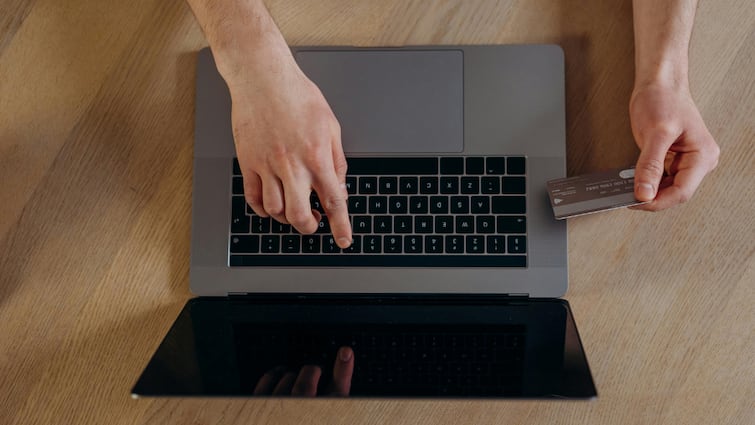Do Not Have A Credit Card? Here's How To Build A Strong Credit Score Without It
Your credit score can make or break financial opportunities, and it is easy to assume that having a credit card is the only path to building credit. However, one can absolutely build and maintain a strong credit score without a credit card. Here are some of the steps on how you can build a good credit score without a credit card. What Impacts Your Credit Score? Understanding what shapes your credit score is the first step toward taking control of your financial health. Five key factors influence your score: repayment history, which reflects your consistency in paying EMIs or loans on time and holds the most weight; credit utilisation ratio, or how much of your available credit you're using; length of credit history, where older and well-maintained accounts work in your favor; credit mix, meaning a balanced combination of secured and unsecured loans that signals responsible credit behavior; and new credit applications, as too many loan requests in a short time can raise red flags for lenders and negatively impact your score. Also Read: Gold Rate Today (April 15): Check Out Gold Prices In Delhi, Mumbai, Bengaluru, Ahmedabad, More Cities No Credit Card? No Problem. Here’s How To Boost Your Credit Score There are several effective ways to build your credit score without using a credit card. One of the most important steps is to repay your existing loans on time, as timely EMI payments significantly boost your credit profile, while missed or delayed payments can hurt it. You can also consider taking a consumer durable loan, for items like a fridge or laptop, which are easier to obtain from NBFCs and help establish a credit history through consistent repayments. Another smart option is to opt for a secured loan, such as one backed by a fixed deposit; these loans are typically easier to get approved, and repaying them on time positively impacts your credit trail. Additionally, taking out a small personal loan with affordable EMIs and paying it back steadily, without rushing to close it early, can help build a reliable repayment record. Lastly, becoming a co-applicant on a family member’s loan allows you to share in the credit responsibility, and regular repayments on that loan can contribute positively to your credit score. Keep A Check On Credit Score Keeping a tap on your credit report every 6 to 12 months, as even small errors or outdated information can negatively impact your score, and reviewing it regularly allows you to catch and dispute any inaccuracies.

Your credit score can make or break financial opportunities, and it is easy to assume that having a credit card is the only path to building credit. However, one can absolutely build and maintain a strong credit score without a credit card. Here are some of the steps on how you can build a good credit score without a credit card.
What Impacts Your Credit Score?
Understanding what shapes your credit score is the first step toward taking control of your financial health. Five key factors influence your score: repayment history, which reflects your consistency in paying EMIs or loans on time and holds the most weight; credit utilisation ratio, or how much of your available credit you're using; length of credit history, where older and well-maintained accounts work in your favor; credit mix, meaning a balanced combination of secured and unsecured loans that signals responsible credit behavior; and new credit applications, as too many loan requests in a short time can raise red flags for lenders and negatively impact your score.
No Credit Card? No Problem. Here’s How To Boost Your Credit Score
There are several effective ways to build your credit score without using a credit card. One of the most important steps is to repay your existing loans on time, as timely EMI payments significantly boost your credit profile, while missed or delayed payments can hurt it. You can also consider taking a consumer durable loan, for items like a fridge or laptop, which are easier to obtain from NBFCs and help establish a credit history through consistent repayments.
Another smart option is to opt for a secured loan, such as one backed by a fixed deposit; these loans are typically easier to get approved, and repaying them on time positively impacts your credit trail. Additionally, taking out a small personal loan with affordable EMIs and paying it back steadily, without rushing to close it early, can help build a reliable repayment record. Lastly, becoming a co-applicant on a family member’s loan allows you to share in the credit responsibility, and regular repayments on that loan can contribute positively to your credit score.
Keep A Check On Credit Score
Keeping a tap on your credit report every 6 to 12 months, as even small errors or outdated information can negatively impact your score, and reviewing it regularly allows you to catch and dispute any inaccuracies.
What's Your Reaction?

















































